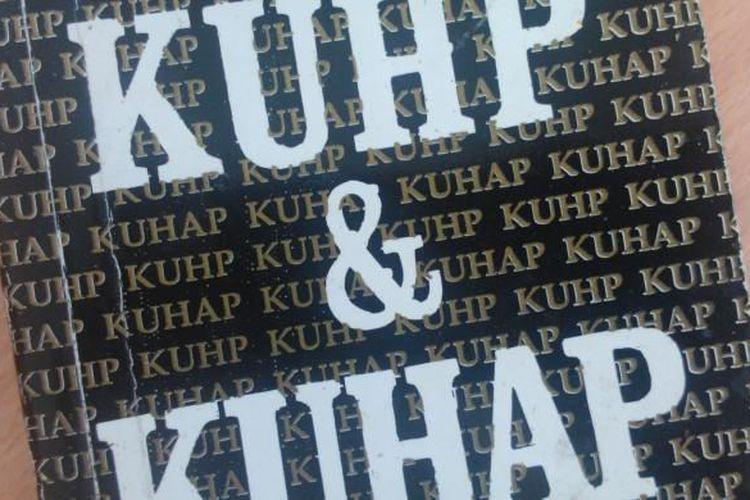Reject The Preposterous Criminal Code Bill

The plan of the House of Representatives (DPR) to pass the Criminal Code Bill (RKUHP) into a Law has created a polemic and resulted in vocal rejection by many. The existing substance of the Criminal Code Bill is considered as dangerous towards democracy, human rights enforcement and eradication of corruption in Indonesia.
The National Alliance for the Reform of the Criminal Code has voiced strong opposition to the Bill. This alliance consists of several institutions such as ICJR, Elsam, YLBHI, ICW, PSHK, LeIP, AJI Indonesia, KontraS, LBH Pers, Imparsial, HuMA, LBH Jakarta, and PSHK.
The Alliance states that there are seven reasons why RKUHP should be rejected. First, the Criminal Code has a punitive perspective, and repressive to the point of exceeding even the colonial era Criminal Code (over criminalization). Second, it is not in favor of vulnerable groups. Third, RKUHP threatens government development programs, particularly health, education, family resilience, and community welfare programs.
Fourth, RKUHP threatens freedom of expression and muzzles the democratic process. Fifth, RKUHP contains many flexibly interpreted and vague articles that encourage the practice of criminalization. Sixth, RKUHP threatens the existence of independent institutions. Seventh, RKUHP has been discussed without involving the public health, social, development planning, correctional and other related sectors.
In addition to these seven reasons, the inclusion of the criminal act or offense of corruption within the RKUHP can threaten the existence of the Corruption Eradication Commission (KPK). While the Government and the House of Representatives of the Republic of Indonesia often argue that the legalization of the RKUHP will not interfere with the work of the Commission, the reality can be just the opposite.
KPK's authority is contained in Article 1 paragraph (1) of Law No. 30 of 2002 on KPK (KPK Law). It specifically mentions that the KPK has the authority to take measures against the crime of corruption as regulated in the Corruption Law. If the corruption offense is included in the Criminal Code, then the authority to conduct investigations in corruption cases will be handed over to the Prosecutor and the Police because these two institutions can handle corruption cases other than those mentioned in the Corruption Law.
In addition to KPK, other institutions such as the Corruption Court are also potentially rendered ineffectual if the corruption offense is included in the RKUHP. In Article 6 of Law No. 46 of 2009 on Corruption Court, it is mentioned that the Corruption Court only examines and prosecutes corruption cases as regulated in the Corruption Law. Thus, corruption crimes that are regulated outside the Corruption Law – e.g. the Criminal Code - cannot be prosecuted by the Corruption Court.
Due to the number of problems emerging in the RKUHP, the adjective preposterous becomes highly appropriate to refer to the current draft discussed by the House and the Government. Therefore, President Joko Widodo and the House of Representatives should stop the plan to ratify the RKUHP, which still contains many problems, has a colonial taste, and harms the efforts to eradicate corruption and presumably weakens the Corruption Eradication Commission and the Corruption Court. Once again, the preposterous RKUHP should be rejected so that the entire country does not follow. (Emerson)










